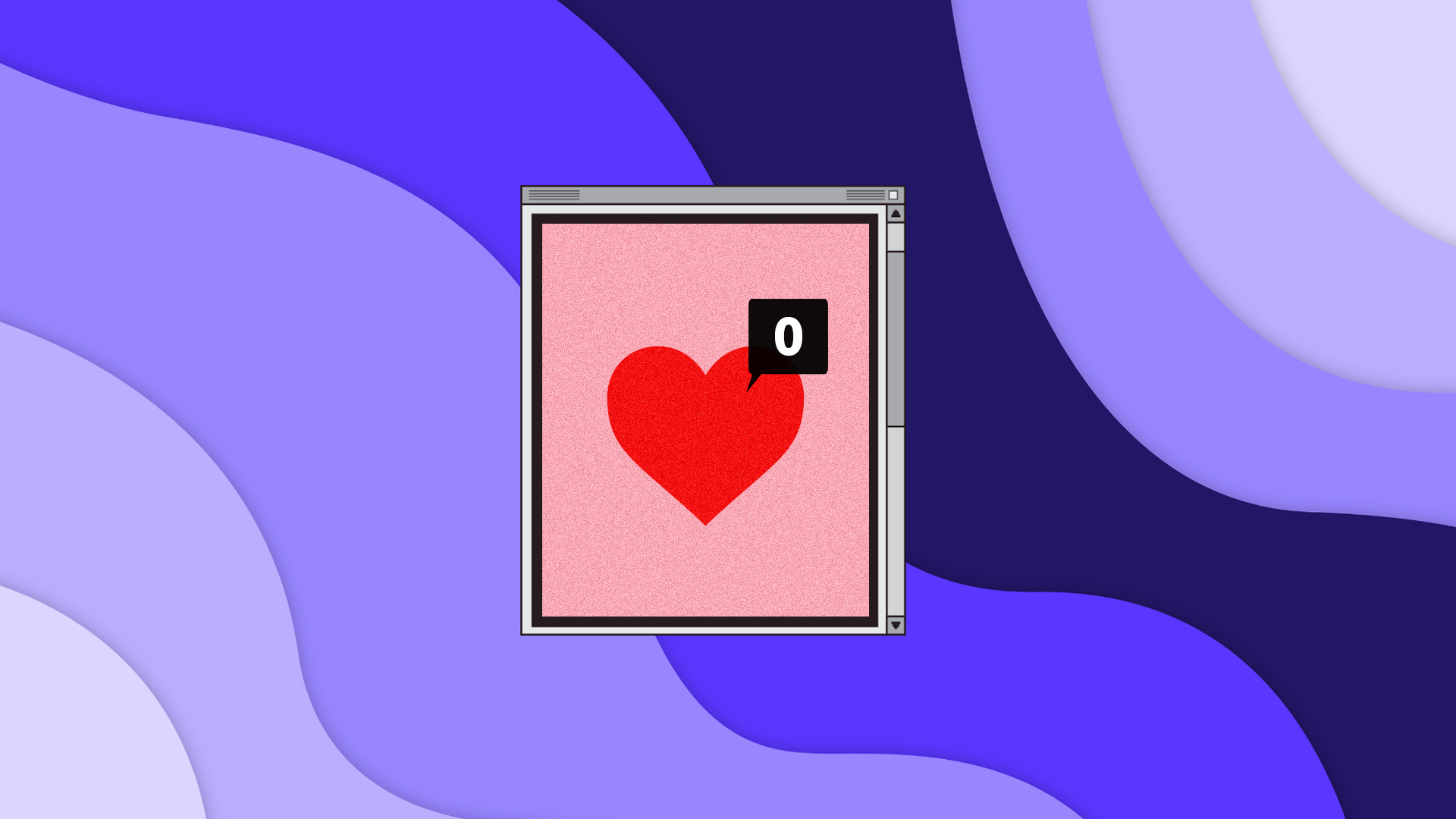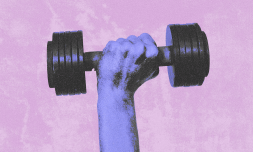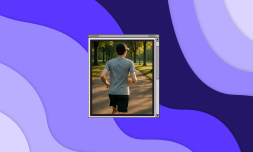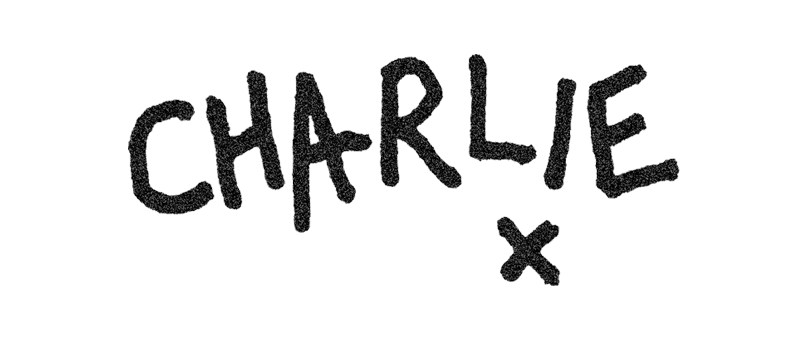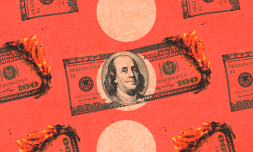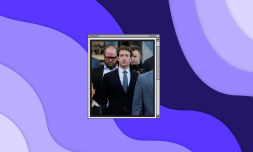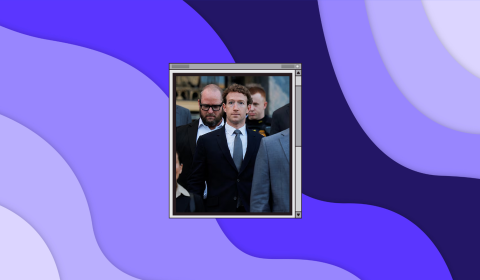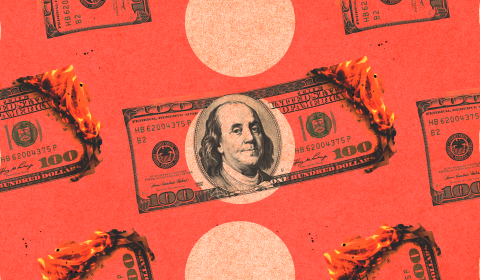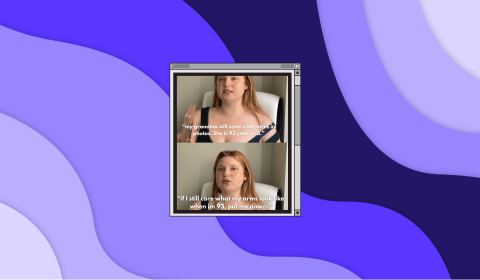It turns out that decades of unmoderated access to the internet might not actually be the best thing for my wellbeing?
![]()
Last week, long-time YouTuber iDubbbzTV posted an hour-long takedown video of his former internet friend Ethan Klein, who runs a similarly popular channel called h3h3.
Both were top creators on the platform ten years ago, producing reaction content, satirical parodies of prank videos, and mocking the still fairly-new phenomena of influencer culture. It was a period that you really had to experience first-hand.
I was at university during this time and would watch these two YouTube channels regularly.
This was right around the time of the US election in 2016, amidst Brexit and the beginnings of our cultural conversation around misinformation. Put simply, the internet was in its last moments of being a force for fun and entertainment, holding on to the remnants of what had made it so appealing to begin with at the turn of the century.
Since this era, both Ethan Klein and iDubbbzTV have changed significantly. Where there content was once about comedy, they have since pivoted toward political bickering and bitter social commentary, producing endlessly unentertaining podcasts that mostly consist of attacking others.
Their latest spat is indicative of this change, as the two publicly cuss each other out and throw accusations of bigotry and hate around in videos that are hours long at a time.
Watching their fall from grace has been depressing, and the two creators are no longer even friends. I say all this because I think their story is symbolic of how the internet has shifted over the years.
you were supposed to be the chosen one
When I was a child, being ‘online’ meant sitting at a dedicated desktop space in the house, usually in a spare room away from my parents. You had to dial into your broadband by turning off the main phoneline and it would take a hefty amount of time to actually load up a browser. Truly archaic times.
Crucially, though, these early experiences were during the internet’s infancy.
There were no algorithms, adverts, creator platforms, or means of making any real money. The corporate world had yet to find its footing in this new and exciting space, making it an unexplored and endlessly fascinating innovation. It had the potential to be something that could change humanity for the better.
Fast forward two decades and things seem very different. The internet is now an absolute necessity, existing everywhere and all around us constantly. It sits on our phones, tracking our movements, data, preferences, behaviours, selling all of that information to mysterious third-party companies. We need it for everything, all the time.
It’s also become formulaic. Our time is valuable, which means that companies have found inventive ways to keep our attention for as long as possible. TikTok has blitzed our attention spans, Facebook has warped our perception of news and political discourse, and the rise of AI bots means most of what we’re seeing isn’t even real.
Compared to the internet I first logged into as a five-year-old in 2001, it has since become a dumpster fire of hate, manipulation and aggressive echo-chambers. It has lost so much of its value and is radicalising both ordinary people and celebrities in real time.









